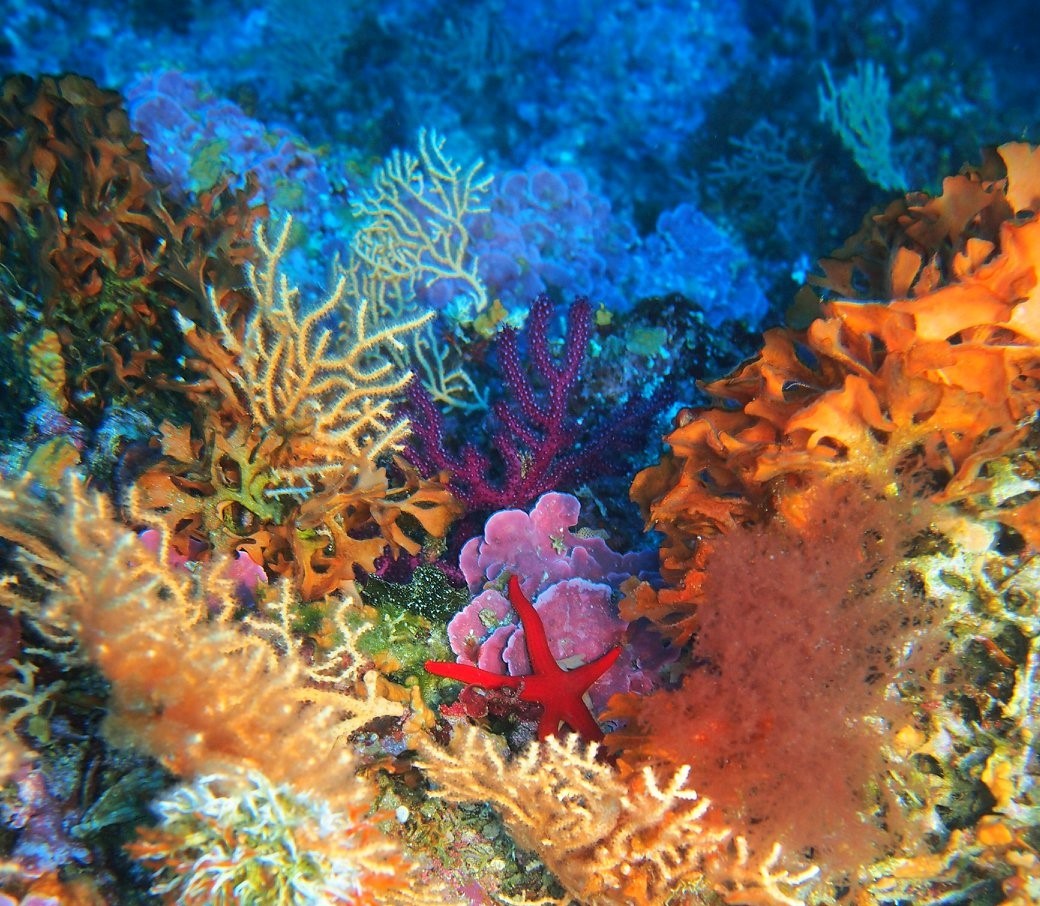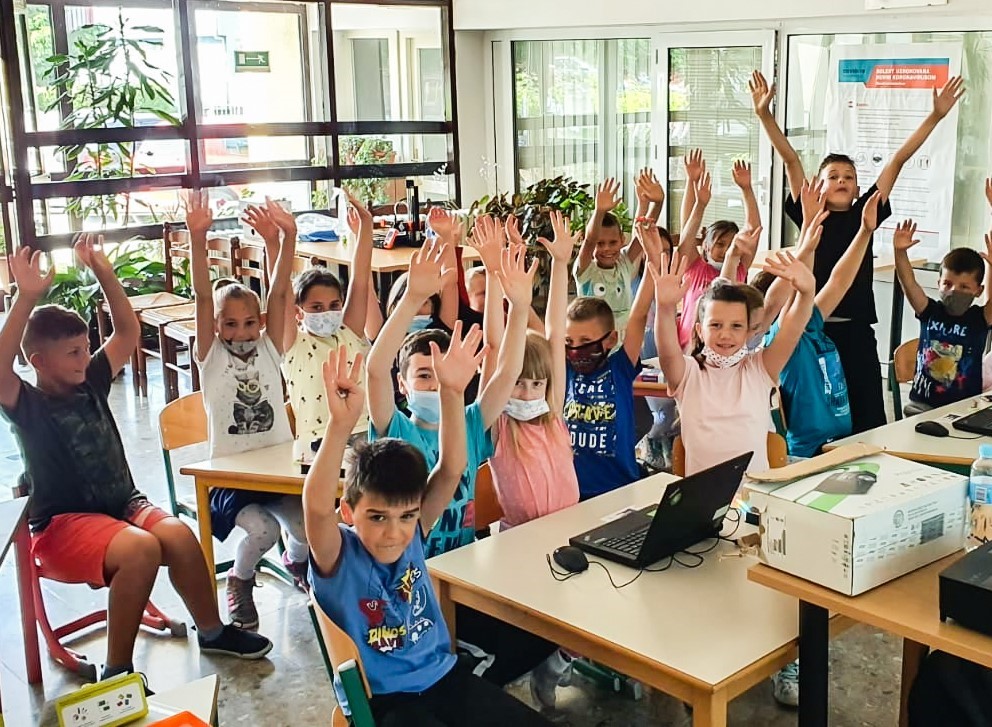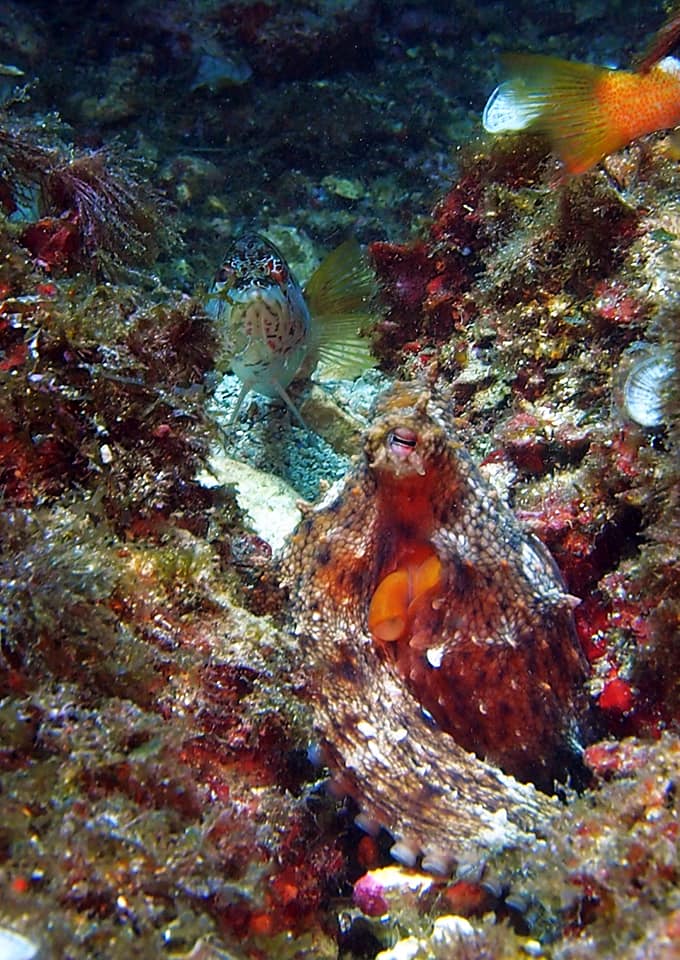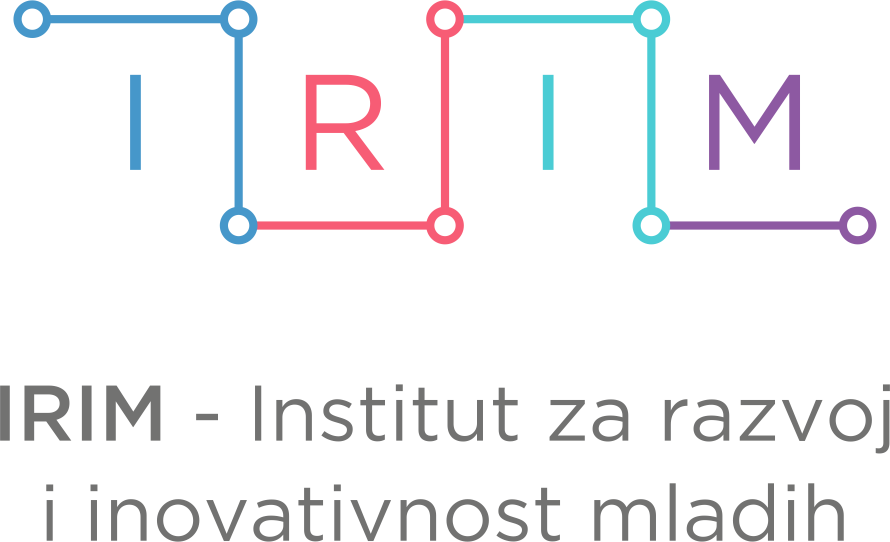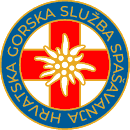Citizen Science: Measuring and Observing Seas
Children using underwater drones to explore maritime coastal environment and the changes that are taking place
About the Project
In the project “Citizen Science: Measuring and Observing Seas”, children will have the opportunity, using robots with deep dive possibility, HD recording and a robotic arm, to explore their maritime coastal environment and make observations and record changes over time. Just like scientists.
The main activity will be constant (periodic) measurements of temperatures along selected water columns on several locations in the Adriatic Sea as well as documentation of development of points of interest like important habitats, invasive spaces propagation, accumulation of marine litter, etc.
A special part of the project will focus on integration with the sustainable maritime economy on the island of Lastovo.
One part of the project will be also dedicated to inland water research. In the next phase, the project will expand to Norway.
Children will also come up with ideas on how changes in the sea affect the way people around the world live and how they can get involved in their communities to drive positive change. Take a look at this example from other projects – children made a flood protection device in an undeveloped area, ‘something that adults didn’t even think of’.
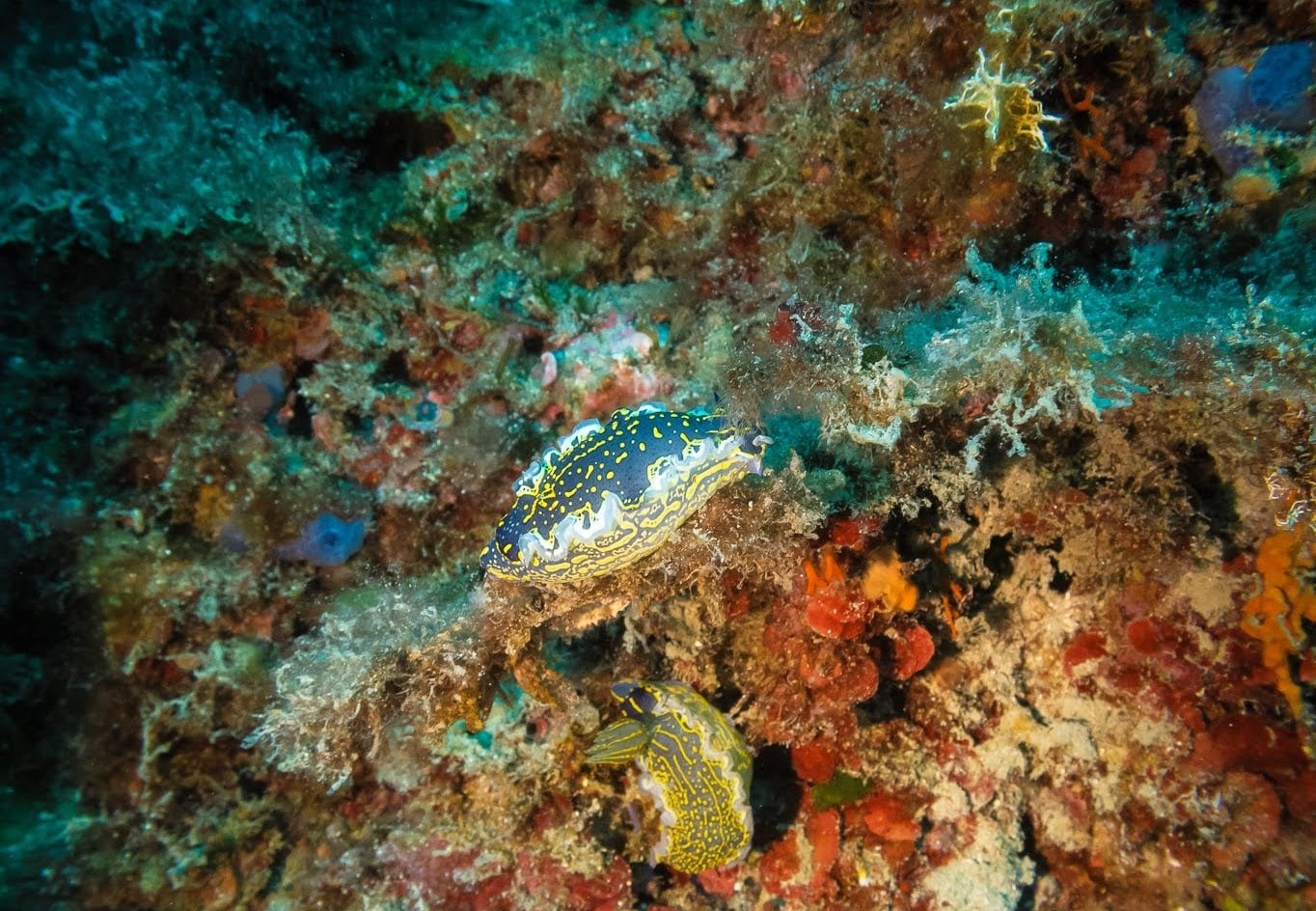
Measurements and visual records will be constantly presented online and through crowdsourcing and a valuable record of climate and other changes will be created that will be useful to researchers in the future. In addition to involving children in the collection of valuable data, such involvement builds a sense of responsibility towards the sea and creates a generation of future citizens who are aware of the importance of preserving and quality management of the sea environment for their own coastal communities and the society at large. Their digital literacy are also build and children are being prepared for 21. st century professions in science and technology.
Project partners are: IRIM – Croatian Makers (project lead), WWF Adria, The European Wergeland Centre, HGSS – Croatian Mountain Rescue Service. Mate Rimac also financially supports the project.
General information and activities
- Schoolchildren in Croatia and (at a later date) Norway will be participating
- Project will be using underwater robots with a robotic arm capable of 100 m depth dive, HD video camera and is able to measure environmental temperature
- Various points of interest will be measured like sea flora and fauna and differences in temperature at various water columns during the year
- In co-operation with WWF, project will integrate modern robotic technology into existing local community projects on Lastovo and Nature Park Telascica
Objectives
- Create a unique historical record of sea temperatures for future analyses
- Document changes in environment related to habitat changes
- Develop social context, especially citizen science as a toll for civic engagement in general
- Develop curriculum for such projects globally, and leverage the project internationally
- Develop partners’ competencies within the field
Why we are implementing this project?
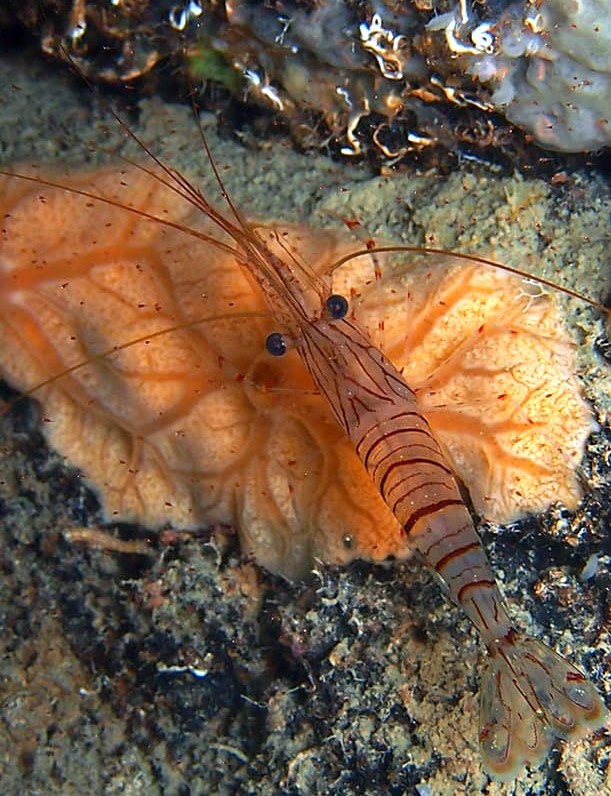
Science, Solutions and Solidarity
Climate changes are occurring in every region and globally, according to the latest Intergovernmental Panel on Climate Change report. It emphasizes that there is still time to act, but it must happen immediately. As the UN Climate Action states: A livable future requires “Science, Solutions and Solidarity”.
Better sustainable future
Global as well as local challenges that science struggles to resolve, from climate change to nuclear disarmament and COVID-19 relief, are closely interconnected with political decisions, societal solidarity, and active civic engagement. Education has a pivotal transformative role in shaping future generations’ knowledge, skills, behaviors, and lifestyles to promote and forge a better sustainable future.
And we need to work together. Coordinated action by innovative multi-stakeholder partnerships can mobilize and share expertise and resources towards this common goal.
And we need to work together. Concerted action by innovative multi-stakeholder partnerships can mobilize and share expertise and resources towards this common goal.
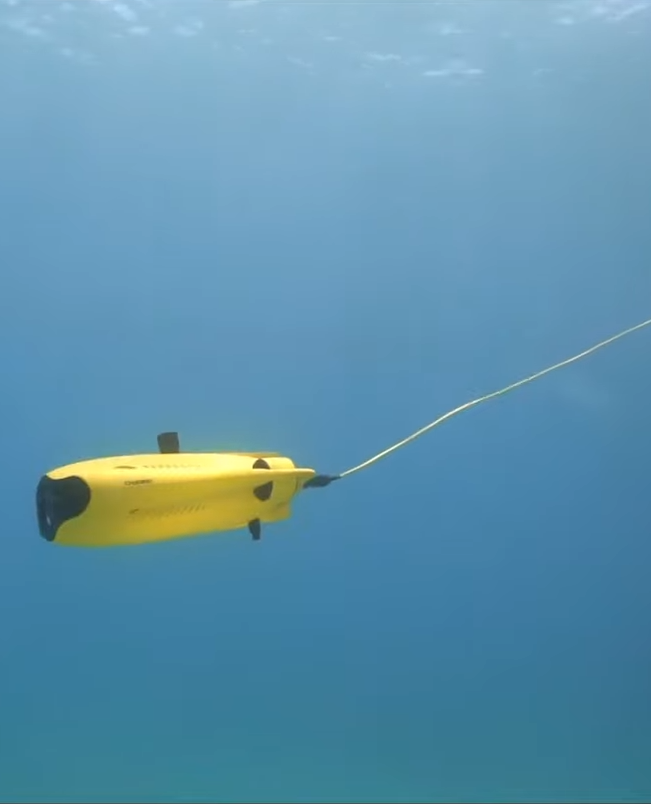
Children as Scientists
In the initiative “Citizen Science: Measuring and Observing the Seas”, children will have the opportunity to, using robots, explore their maritime coastal environment and make observations and record changes over time, with a taste of what scientists do. Children will also reflect on how changes in the seas are affecting the lifestyles of millions across the world and how they can engage in their communities to initiate positive changes.
Partners and roles
IRIM: Developing logistic (procurement, distribution), recruitment of schools in Croatia, designing activities, developing educational tools for teachers and children, integrating the project, presenting results. Co-developing resources for use in classroom.
The European Wergeland Centre (EWC): Bringing its expertise on social and civic dimensions linked to science and environmental issues. Dealing with ethical dilemmas, strengthening community engagement, raising awareness of a responsible citizenship, offline and online. Co-developing resources guiding the reflections in the classroom, aiming at students becoming more aware of their civic responsibility – social, environmental, and ethical. Recruiting schools and managing the Norwegian arm of the project in Phase 2.
WWF: Defining measurement outcomes. Assistance in the deep integration of the project into existing local community projects in nature parks Lastovo Islands and Telascica nature parks. Participation in curriculum development / topics. Support in project expansion, locally and internationally.
HGSS: Through cooperation with IRIM, contributing to the development of educational tools adapted to teachers and children. Participating in the implementation of specific parts of educational activities in outdoor and indoor settings. Development and improvement of HGSS’s search and rescue skills and knowledge in underwater interventions and actions.
Timeline
1. Announcement and call for Croatian schools: October 6, 2021.
2. Deadline for applications: October 17, 2021.
3. Selection of participants: October 24, 2021.
4. Robot delivery, initial education (online) and first measurement: by November 7, 2021.
Organizer
Organizer of the project is Institute for Youth Development and Innovativity (IRIM) with partners Wergeland Foundation, WWF Adria, HGSS.
IRIM (Institute for Youth Development and Innovativity) is a Croatia-based non-profit organization (private foundation), which has developed and implements the largest extracurricular program in EU – the Croatian Makers movement, reaching now over 200,000 children in Croatia. Although IRIM primarily operates in Croatia, it has transposed its activities to Serbia, Bosnia and Herzegovina and Kosovo, where IRIM and local partners deliver IRIM-designed projects (with initial funding from IRIM), reaching tens of thousands more children.
IRIM’s core mission is to empower all children in Croatia and the region to develop STEM competencies necessary for them to be equal citizens of 21st century, by providing not only equipment, but also education and other activities.
